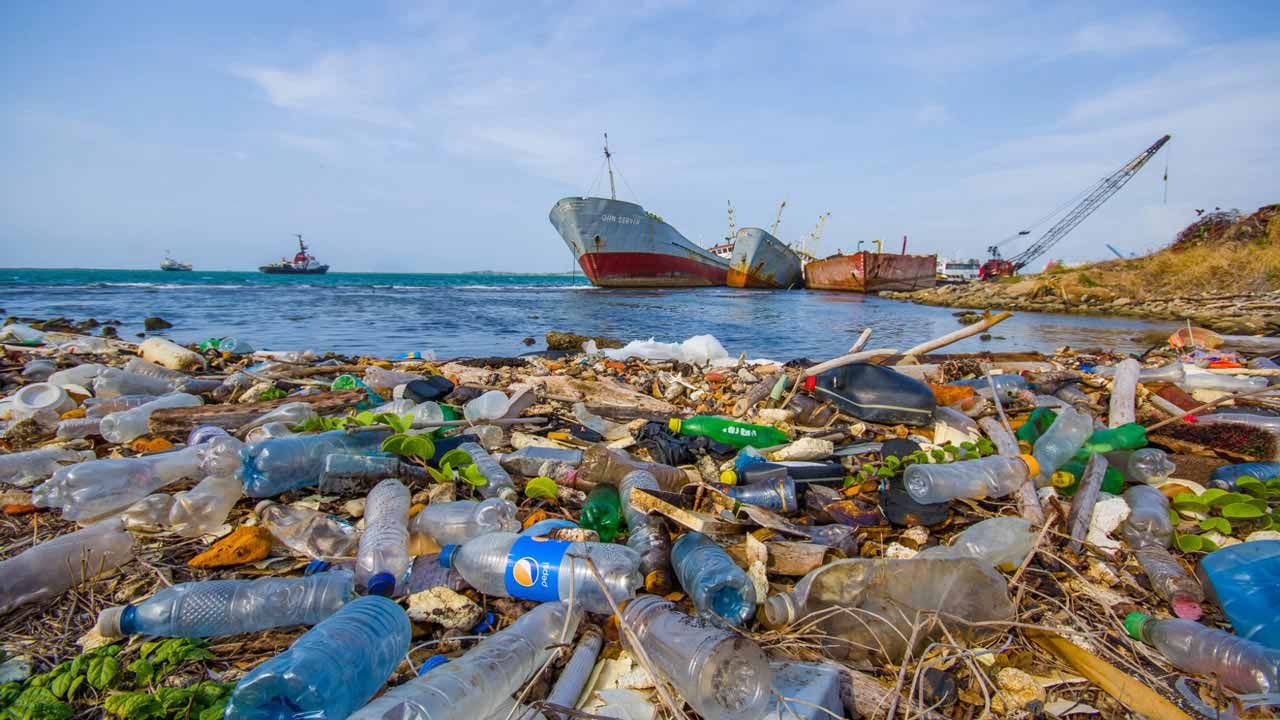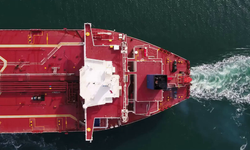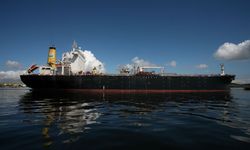The International Maritime Organization (IMO) has been at the forefront of addressing this challenge, driven by the United Nations’ Sustainable Development Goal (SDG) 14, which aims to reduce plastic pollution and protect marine ecosystems.
The issue was first raised at IMO's Marine Environment Protection Committee (MEPC) by countries including Iceland, Norway, the Marshall Islands, Palau, and Vanuatu, highlighting that marine plastic litter affects not only coastal areas but also disrupts shipping operations and damages the sector’s reputation. This led to discussions under SDG 14, titled "Life Below Water," adopted as part of the UN 2030 Agenda for Sustainable Development.
In recent years, France and Germany have taken leading roles in developing guidelines for plastic pellet spills and amendments to Marpol Annex III. China has also been active, implementing voluntary measures for plastic pellet transport and stowage improvements, contributing to a collaborative approach to minimize environmental risks.
The current regulatory framework is mainly based on Marpol Annex V, which prohibits plastic waste discharges from ships and mandates reporting of lost fishing gear. Recent MEPC discussions have explored the possibility of a new chapter in Marpol Annex III to regulate plastic pellets. Voluntary measures like MEPC.1/Circ.909 provide guidelines for safe plastic pellet transport, and there is potential for these measures to evolve into mandatory regulations.
Compliance with these rules is essential for environmental protection and reducing liability, as penalties for non-compliance, such as improper pellet handling or failing to report lost gear, can result in significant financial repercussions. However, challenges like data gaps and inconsistencies in national reporting hinder the consistent implementation of IMO measures.
Australia has pointed out the lack of harmonized data collection, which undermines efforts to address marine plastic litter effectively. While voluntary measures have shown success, moving to mandatory regulations requires industry consensus. China has emphasized the need for adequate time to build industry experience before implementing mandatory rules.
The debate continues on balancing stringent regulations with operational feasibility, especially concerning emerging issues like microplastics from anti-fouling paints. IMO’s global approach emphasizes international cooperation, and non-governmental organizations like Friends of the Earth advocate for real-time reporting systems and expanding Marpol provisions to address plastic pellet spills.
IMO will continue its work on marine plastic litter at the next MEPC session in April 2025, alongside other environmental initiatives. The path forward requires collaboration across governments, the maritime industry, and NGOs to create regulations that balance environmental protection with operational needs. Shipowners and operators must stay proactive in complying with and shaping the future of marine plastic litter regulations.




